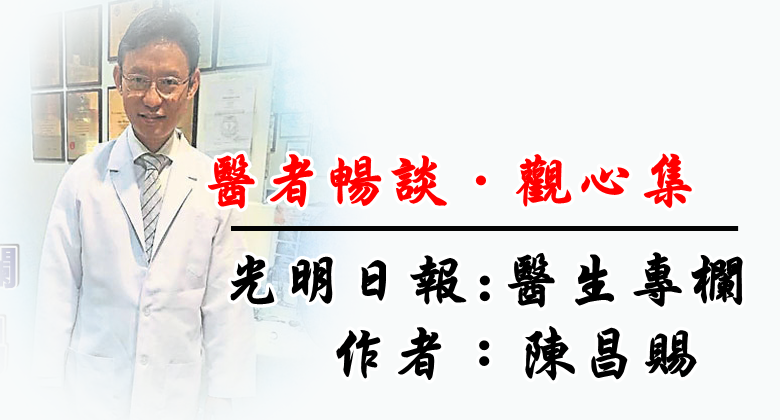Excessive weight loss, vegetarianism, drinking, high risk, young and strong men will also be anemic
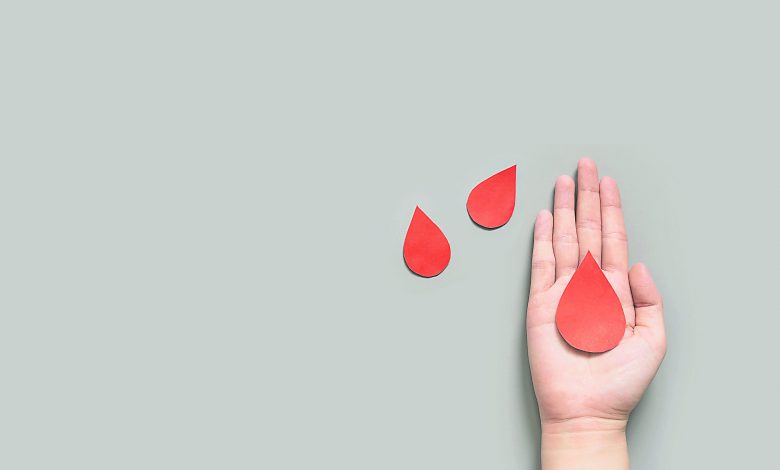
(Hong Kong News) Speaking of anemia, people always think of weak girls, but it turns out that muscular men and young people are equally likely to be anemic.
Anemia can be solved not only by drinking a glass of jujube water or eating a piece of steak, but there are health warning signs hidden behind it every minute. We must find out the reason, whether it is not enough “in” or “out” too much.
There are many types of anemia, but clinically, most anemia patients belong to iron deficiency anemia.
Huang Zhisheng, a professor at the Jockey Club School of Public Health and Primary Care at the Chinese University of Hong Kong, pointed out that iron deficiency anemia means that the body does not have enough iron, resulting in the inability to produce enough hemoglobin to transport oxygen to various organs.
He said that the symptoms of mild iron deficiency anemia may not be obvious, but as the disease worsens, patients will feel easily tired, loss of appetite, and decreased exercise tolerance. It can also cause sleep disturbances, such as restless legs syndrome, or dizziness, headache, Difficulty breathing, palpitations, and even chest pain, etc., “If you keep neglecting it, the red blood cells will not be able to provide proper nutrients to the various organs of the body. In the worst case, it may lead to heart failure!”

Anemia cannot be judged by complexion
Whether there is anemia, of course, can not be judged by the “complexity”, blood must be taken for examination.
Huang Zhisheng said that the first thing to look at is the hemoglobin concentration in red blood cells. If it is lower than 13.5g/dL for adult males (15 years old or above), and below 11.5g/dL for adult females (15 years old or above), it can be defined as anemia up.
“But to further determine whether it is iron deficiency anemia, we need to look at three more indexes, including serum ferritin (ferritin) concentration and blood iron (Fe, serum iron) content, and total iron binding capacity (Total Iron Binding Capacity, TIBC).
TIBC is mainly used to evaluate the amount of protein in the blood that has the ability to bind iron. In patients with iron deficiency anemia, this value will be high, while serum ferritin and blood iron index will be low. “
Normal ranges vary from laboratory to laboratory. Most people generally eat three meals a day, so why iron deficiency? In the final analysis, it is the result of long-term “making ends meet”.
Insufficient iron reserves are common in women who lose weight excessively, pregnant women and vegetarians. People who drink alcohol are also a high-risk group.
Huang Zhisheng explained that alcohol can hinder the absorption of iron, folic acid and vitamin B12, which are the most basic components for the production of hemoglobin. Some people “drink wine like water” and are prone to iron deficiency anemia.
“In addition, people with intestinal problems, such as those with Crohn’s disease, have a higher chance of suffering from iron deficiency anemia due to the decreased function of the small intestine, which makes it difficult to absorb iron or other micronutrients in food.”

Iron supplementation alone does not solve the problem
However, even if the “in” is enough, if the “out” is too much, it will also lead to iron deficiency. Women with heavy menstruation are prone to lose a lot of iron and form anemia, but the hemorrhoids that plague many men are also “accomplices”.
“These patients are all around 30 years old, and they are anemic due to massive bleeding from hemorrhoids. What they have in common is that they like spicy food and alcohol, so they manifest ‘blood deficiency’, ‘yin deficiency’ and ‘damp heat’.”
In addition to visible bleeding, there are more invisible internal bleeding, including gastric ulcer, duodenal ulcer, and even bleeding caused by intestinal tumors!
“So it’s not just iron supplementation that can solve the problem. What’s more important is to find out the reason behind the anemia. If necessary, you may need to take a gastroscopy, colonoscopy or do a fecal occult blood test to detect the source of the bleeding.”
People who eat out are used to having coffee, milk tea, and lemon tea for lunch or dinner. It turns out that this combination will hinder the absorption of iron.
Huang Zhisheng reminded that most people eat rich lunch and dinner, and mainly rely on these two meals to absorb iron. Therefore, it is not suitable to drink coffee, milk tea or black tea during these two meals, because these drinks contain caffeine, which will make iron The substance is poorly absorbed.
“If you want to drink, you can choose to drink it 2 hours before or after meals. After the body absorbs the iron it needs, the impact will be relatively small.”
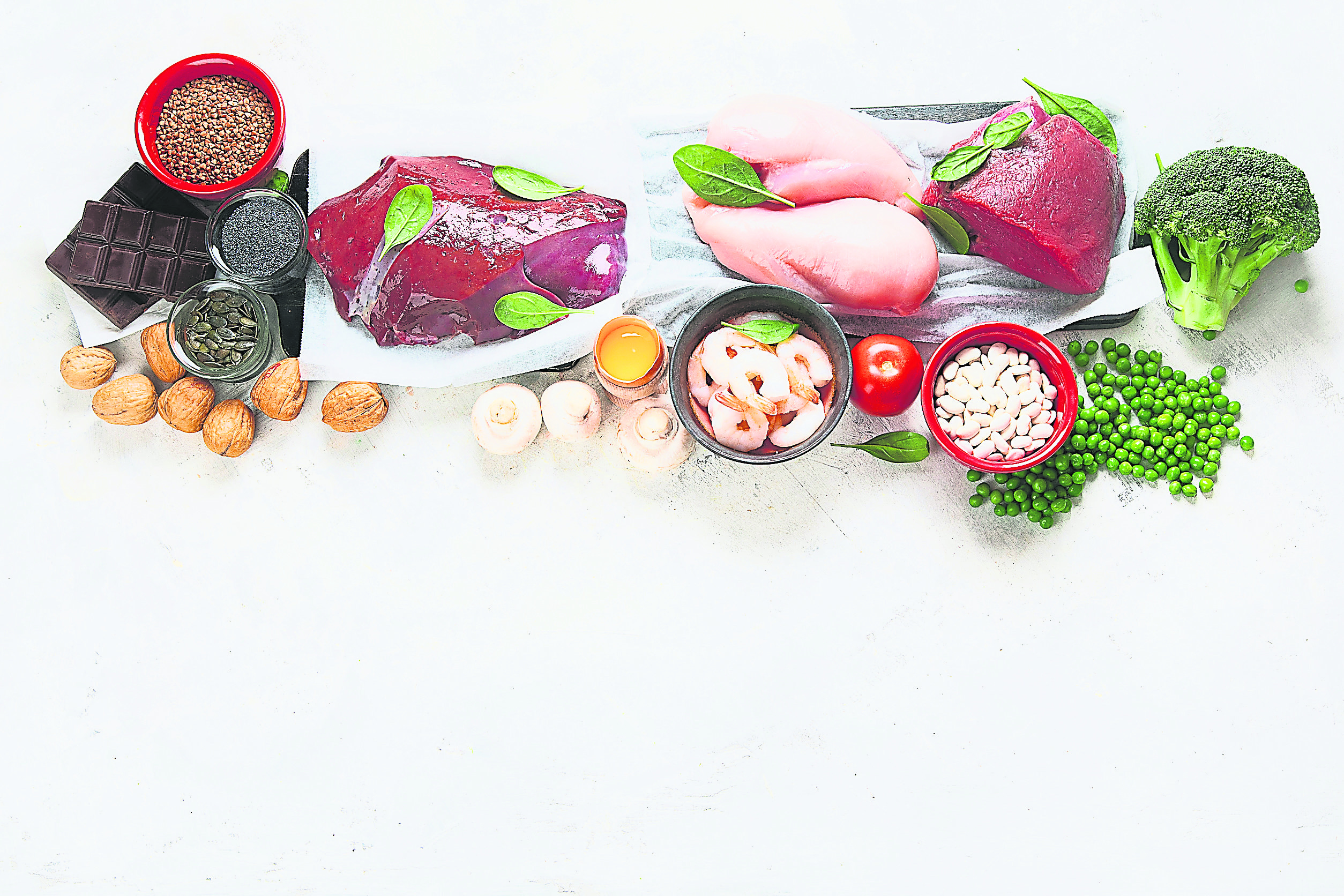
![]() It may not necessarily be blood deficiency, dietary therapy assists in replenishing qi and blood
It may not necessarily be blood deficiency, dietary therapy assists in replenishing qi and blood
Western medicine refers to anemia as low hemoglobin in the blood, but it turns out that Chinese medicine does not have the name of “anemia”.
Why?
“Traditional Chinese medicine classifies ‘anemia’ in modern medicine into the names of ‘dizziness’, ‘palpitation’, ‘asthenia’ and other disease names according to the symptoms of the patient. ‘Anemia’ mostly refers to deficiency syndrome, but it does not refer to blood deficiency alone. Symptoms can also be classified into the categories of qi deficiency, yin deficiency and yang deficiency.” said He Huijie, a doctor of traditional Chinese medicine.

Nourishes the heart, liver, spleen and stomach
Many people misunderstand that people with anemia must have blood deficiency, or that people with blood deficiency must have anemia. He Huijie emphasized that the two are related but not necessarily related. “Even if some patients have symptoms of blood deficiency, including Pale face, frequent dizziness, palpitations, insomnia, etc., but the blood test shows that there is no anemia; on the contrary, patients who are detected to have anemia may not necessarily have symptoms of blood deficiency, so the two cannot be equated.”
In addition, in traditional Chinese medicine, the pathogenesis of anemia is most closely related to the heart, liver, spleen and stomach.
He Huijie explained: “The concept of traditional Chinese medicine, ‘the heart governs the blood vessels’ and ‘the liver stores blood’, the relationship between anemia and the heart and liver is obvious; Nutrients are transformed into qi and blood, and if the spleen and stomach are not good, insufficient qi and blood metaplasia will also lead to anemia. Therefore, the treatment should nourish the heart and liver as needed, strengthen the spleen and stomach, and nourish qi and blood.”
Use compound to enhance efficacy
She said that the medication depends on different syndrome types. For those with blood deficiency, commonly used medicinal materials include angelica, chuanxiong, white peony root, rehmannia glutinosa, etc.; for those with qi deficiency, they will show fatigue, pale face, dizziness, shortness of breath, low voice, etc. , commonly used astragalus, codonopsis and angelica, red dates; yin deficiency is common in women with menstrual flow and metrorrhagia during menopause. They often have hot flashes, hot palms, feet, dry mouth, constipation, insomnia, dreaminess, etc. Use tortoise shells, Anemarrhena, Eclipta, Ligustrum lucidum and other medicinal materials; Yang deficiency patients generally have obvious chills and wind, cold hands and feet, lack of energy and lethargy in the symptoms of qi deficiency, and aconite, dried ginger, Cistanche and other medicinal materials for conditioning.
“However, these four deficiencies are not necessarily independent. Some people are deficient in both qi and blood, while others are deficient in both qi and yin. Therefore, Chinese medicine emphasizes syndrome differentiation and treatment, and does not use a single medicine. It often needs to be combined and used to enhance the curative effect.”
To treat anemia, in addition to taking medicine for conditioning, dietary supplements can also be used. He Huijie recommends two kinds of soups, which can help nourish qi and blood.
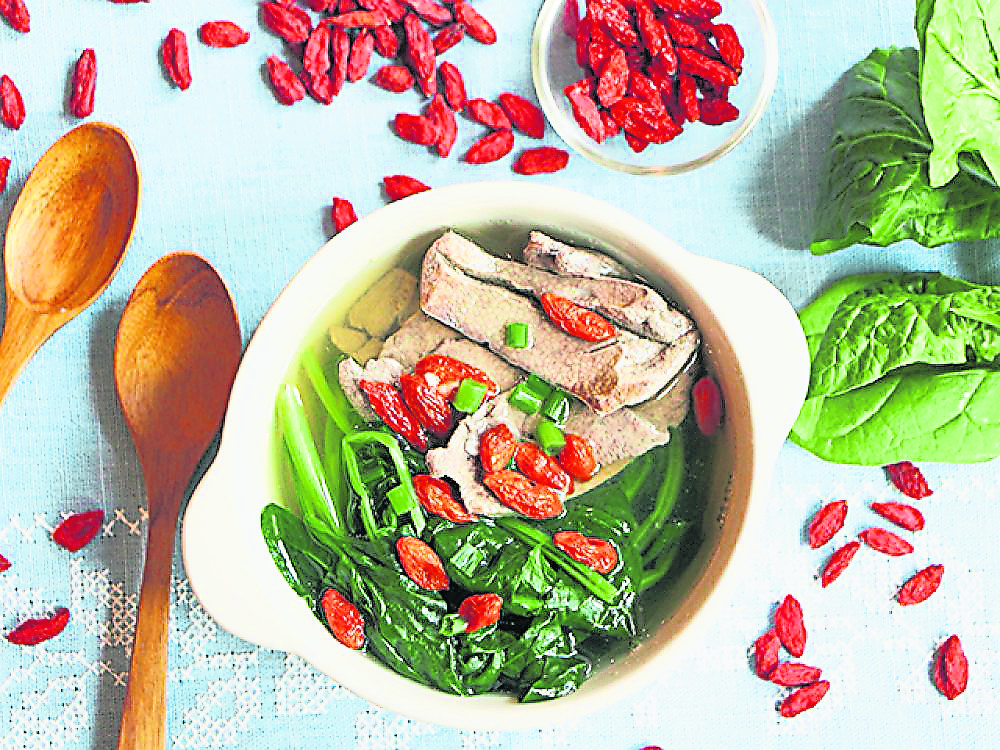
01》Spinach Pork Liver Soup (for 3 to 4 people)
Material: 200 grams of pork liver, 160 grams of spinach, 1 tablespoon each of wolfberries, shredded ginger, and sesame oil, appropriate amount of salt, cornstarch and rice wine
practice: 1/Slice the pork liver, wash the blood with clean water, marinate with a little salt, cornstarch and rice wine for 30 minutes
2/Spinach washed and cut into sections, blanched for later use
3/Add 4 and a half bowls of water to the soup pot and bring to a boil over high heat
4/Put the pork liver in, turn to low heat and cook for 5 minutes, add spinach, wolfberries and shredded ginger, cook for another 5 minutes, season with salt and sesame oil, and serve
effect︰Nourishing blood and nourishing liver, improving eyesight
Remark︰Pork liver and spinach are rich in iron, suitable for people with iron deficiency anemia. For women with heavy menstruation, it is recommended to drink it for 2 consecutive days after menstruation, and eat with soup dregs.
Pork liver is animal offal, and people with high cholesterol should not eat too much.
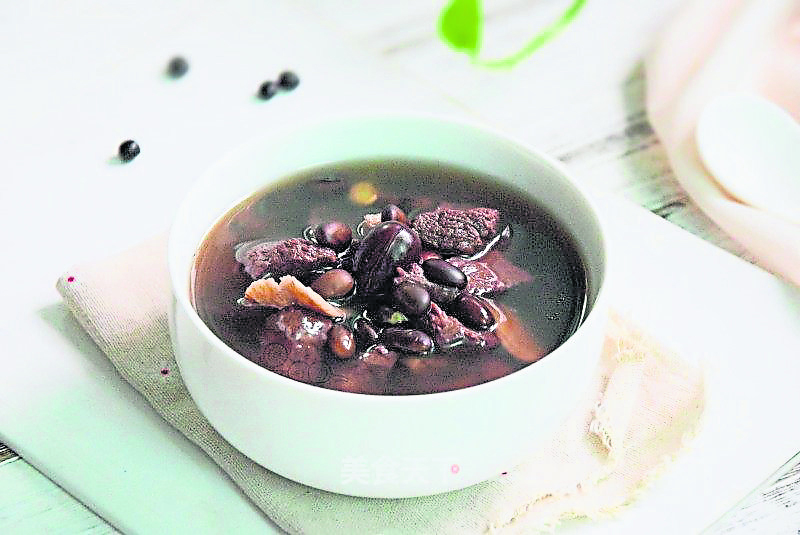
02》Black Bean Codonopsis Beef 𦟌 Soup (serves 3 to 4 people)
Material: 300 grams of beef 𦟌, 100 grams of black beans, 60 grams of dried Chinese yam, 20 grams of Codonopsis pilosula, 6 red dates,
6 pieces of longan, 2 pieces of ginger
practice: 1/Beef 𦟌 washed and cut into sections, blanched for later use
2/Wash black beans, dried Chinese yam, Codonopsis pilosula, red dates and longan, soak for 30 minutes
3/Add 12 bowls of water (about 2 liters) to the soup pot and bring to a boil over high heat
4/Put all the ingredients in, turn to low heat and simmer for 1.5 to 2 hours, season with salt and drink
effect︰Strengthens the spleen and replenishes qi, nourishes blood and soothes the nerves, especially suitable for people with anemia due to deficiency of both qi and blood
Remark︰Drink soup with beef 𦟌 to eat, the effect of nourishing blood is better. This decoction is warming and tonic in nature, so it is not suitable for drinking during colds.

Elderly with anemia, which type do you know your parents are?
The causes of anemia in the elderly are many and complex. Chronic diseases, nutrient deficiencies, aging, gastrointestinal bleeding, and hematopoietic function diseases sometimes have more than one cause.
Among the elderly over 65 years old who have anemia, only one tenth is due to iron deficiency. Children need to be more cautious in interpreting the physical warning signs revealed by their parents’ anemia.
Dr. Zhan Dingzheng from the Department of Geriatric Medicine pointed out that there is no way to judge anemia from just a few symptoms. “Young people with anemia often experience dizziness, palpitations, and pale complexion, but elderly people may only experience non-specific symptoms such as fatigue, weakness, loss of appetite, reluctance to move, and lack of concentration.”
Higher risk of disability and falls
Peng Lining, the chief physician of the Center for Gerontology, once met an old man in a wheelchair, and would smile and wave to her every time he came to the hospital. One time when I came to see a doctor, my words suddenly became less and I looked dull and indifferent. After drawing blood, I found anemia.
Many infectious diseases, liver and kidney diseases, heart disease, and depression may also have similar manifestations.
Physician Li Zhiyu from the Department of Hematology said that there was a patient whose hemoglobin value was <8g/dL, so that he often had panting when walking, but the old man always thought that there was something wrong with his heart, and he found the real problem after many inspections.
The elderly have a high rate of anemia. When the doctor confirms the anemia, many children will intuitively think, “Old people, a little anemia is normal.”
In fact, anemia in the elderly requires more attention.
Elderly people have low organ reserve function, and when anemia reduces the oxygen-carrying capacity of the blood, organ function is more likely to be impaired. Insufficient oxygen in the blood, the cardiac compensatory mechanism will also increase the cardiac output, which may lead to left ventricular hypertrophy and heart failure in the long run.
“Some foreign studies have also found that, compared with normal elderly people, anemic elderly people have poorer physical function and higher risk of disability and falls.”
Whether it is the elderly or adults, the standard of normal hemoglobin value is the same. The World Health Organization’s definition of anemia is: adult male hemoglobin <13g/dL, female hemoglobin <12g/dL.
Regularly check hemoglobin changes
Most anemic seniors are mild, with red blood cell counts between 10 and 12 g/dL. If it is a patient with cardiovascular disease, it is recommended to maintain hemoglobin above 10g/dL, and other patients may need blood transfusion if it is below 7 to 8g/dL.
However, the anemia of the elderly is not only judged by the value of hemoglobin, but also depends on the speed of blood loss and the physical condition of the patient.
He suggested asking doctors to understand the medical history and regularly check the changes in hemoglobin, which will help doctors judge the direction of treatment.
According to the size of red blood cells, it can be divided into microglobular anemia, macroglobular anemia and normoglobular anemia. This article sorts out the common causes of anemia for readers’ reference:
Microglobular anemia Red blood cell volume <80ml
1/ Iron deficiency anemia
●Inadequate intake of food:Red meat is rich in heme iron, but elders often have insufficient intake because their teeth cannot chew meat.
●Poor digestive function:Due to the aging of physiological functions, the secretion of gastric digestive juice decreases, and the elderly cannot completely convert iron into nutrients that are conducive to absorption in the small intestine.
●Bleeding caused by chronic diseases such as gastrointestinal ulcers, atrophic gastritis, and liver cirrhosis:Among them, gastrointestinal bleeding is a common situation, and we should worry about whether it is caused by polyps or cancer in the large intestine. Therefore, it is recommended to further perform fecal occult blood test or gastroscopy and colonoscopy.
Intimate reminder: For patients with iron deficiency anemia, doctors will often give iron treatment, which may cause constipation or black stool.
2/Thalassemia
Zhan Dingzheng believes that if thalassemia is discovered in old age, it is usually not severe and does not require blood transfusion, as long as regular observation is enough.
macroglobular anemia Red blood cell volume 80 to 100ml
1/ Insufficient folic acid
●Chronic Alcoholism:Alcohol blocks the bone marrow’s response to folic acid, which in turn blocks red blood cell production.
●Partial eclipse: It is mostly caused by insufficient intake of leafy vegetables, liver and fruit foods.
2/ Insufficient vitamin B12
●Inability to absorb vitamin B12 due to lack of endogenous factors due to atrophic gastritis or gastrectomy.
●Insufficient food intake: Strict vegetarians are more likely to be deficient, because vitamin B12 is usually obtained from fish, meat, liver or eggs.
Intimate reminder: When treating vitamin B12 deficiency, you need to take a large amount of vitamin B12 orally, about 1000ug per day; folic acid is 1mg per day.
3/Myelodysplastic Syndrome
It is a rare disease of hematopoietic function, and it is necessary to go to the hematology department for bone marrow aspiration to confirm the diagnosis and receive other treatments.
Hypospheric anemia Red blood cell volume > 100ml
1/ Chronic kidney disease, chronic renal failure
The kidneys secrete a kind of “erythropoietin” that stimulates the bone marrow to produce red blood cells. Once the kidney function declines, it cannot regulate the production of red blood cells. The worse the renal function, the higher the anemia rate, and the treatment is usually to give erythropoietin.
2/Other chronic disease or chronic inflammation
When the inflammatory cytokines increase, the production amount or function of erythropoietin may be suppressed.
Including diabetes, rheumatic immune disease, AIDS, splenomegaly, obstructive pulmonary disease, tuberculosis, abnormal thyroid function, cancer or various chronic inflammatory infections, etc., may cause anemia in the elderly.
However, Peng Lining said that about one-third of the anemia in the elderly is still unexplained, and regular follow-up should be carried out, and doctors should judge whether to use blood transfusion or erythropoietin.
Erythropoietin will make the blood thicker, and side effects of blood pressure rise and thrombosis may occur. She recommends that users should measure their blood pressure regularly 1 to 3 times a week.
Pharmacist Chen Zhaozi pointed out that those whose hemoglobin value is not lower than 8g/dL should not take erythropoietin lightly, and should stop immediately after returning to 10g/dL.
Li Zhiyu reminded that some rare bone marrow function diseases are mostly diagnosed in old age and should not be ignored. “These diseases include: essential thrombocythemia in myeloproliferative diseases, idiopathic myelofibrosis, and myelometaplastic syndrome. Therefore, further blood analysis must be done when the cause cannot be found.”
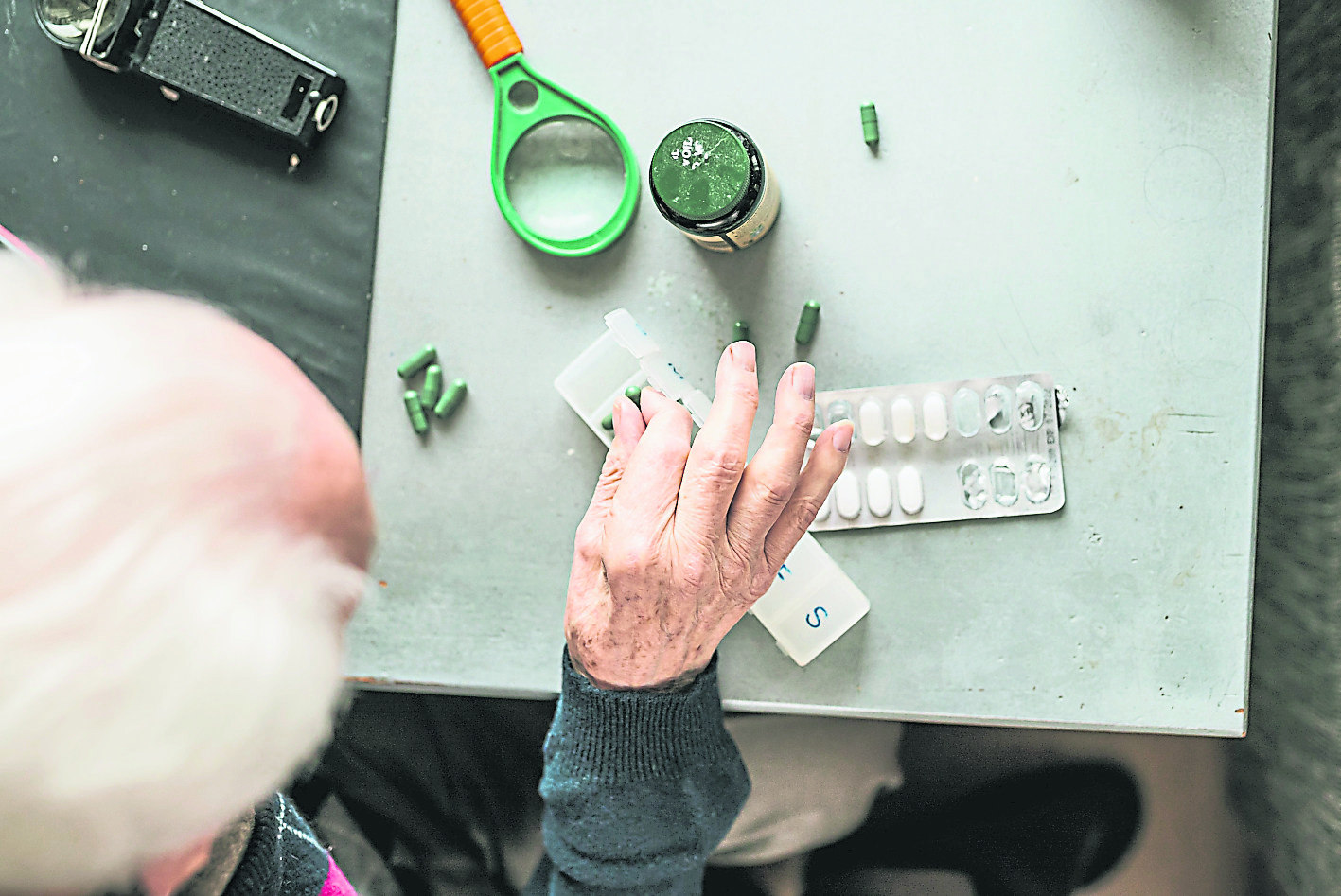
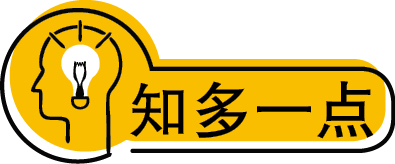 Which drugs can cause anemia?
Which drugs can cause anemia?
The use of some drugs, similar to certain chronic diseases, may also cause mild anemia, and you should take the initiative to inform the doctor of the drugs you are using recently or currently.
Drugs that suppress bone marrow function
Most drugs used in cancer chemotherapy can cause bone marrow function suppression, and some antibiotics may also cause similar symptoms when used in high doses for a long time.
Medications That May Interfere with Folate Absorption
Certain epilepsy drugs, such as phenobarbital (phenobarbital) and Phenytoin (phenytoin); some immune modulators, such as Sulfasalazine (commonly known as Sile enteric-coated tablets).
May Reduce Vitamin B12 absorbed drug
For example, colchicine (colchicine) for the treatment of acute gout; metformin (trade name: solid sugar tablet, gram sugar tablet, etc.) commonly used in the treatment of type 2 diabetes; protonpump inhibitors (proton pump inhibitors) for the treatment of peptic ulcer ) with histamine blocker (histamine inhibitor)
Drugs that may cause gastrointestinal bleeding
The most common include anticoagulants, antiplatelet drugs, steroids, and nonsteroidal anti-inflammatory drugs.
 How to deal with anemia in cancer patients during chemotherapy? What to eat for iron?
How to deal with anemia in cancer patients during chemotherapy? What to eat for iron?
Anemia is one of the common side effects of cancer treatment, which can seriously affect the quality of life and cause treatment interruption. How to take care of it?
Nutritionist Huang Xiaowei recommends a better diet combination than dripping beef essence or eating red meat.
cancerThe principle of chemotherapeutics is to use drugs to circulate through the blood throughout the body, and then destroy cancer cells to prevent or slow down the growth of cancer cells.
These drugs target the fast-growing properties of cancer cells, but may also affect other cells in the body with similar properties, bone marrow hematopoietic cells being one of them.
May cause interruption of treatment
Therefore, patients often experience transient abnormal hematopoietic function 7 to 10 days after chemotherapy, including anemia, low white blood cells, and insufficient platelets. According to some statistics, one-sixth of chemotherapy patients will develop anemia; after six chemotherapy sessions, more than one-third of them will have anemia of varying severity.
This can also happen after radiation therapy. Most commonly, it occurs in patients with bone metastases, which is caused by the destruction of bone marrow hematopoietic cells after irradiation of a large area of bone.
Although anemia is not a serious symptom, for cancer patients, if the hemoglobin is too low, it will cause shortness of breath, fatigue, and decreased physical strength. Once it seriously affects the quality of life, it may cause the patient to stop treatment.
Studies have also found that anemia will aggravate tumor hypoxia and reduce the effect of chemotherapy and radiotherapy (because of these two treatment principles, oxygen is needed to destroy tumor cells).
The normal hemoglobin value is about 11-12g/dl or above. If it is lower than the normal value, generally speaking, the doctor will first suggest taking more iron and protein from food to improve. For severe anemia (hemoglobin below 10g/dl), it is not easy to recover from food in a short time, blood transfusion may be recommended to improve.
Excess iron supplements increase risk
Commonly used iron and erythropoietin (EPO) are not recommended for cancer patients. If the general iron supplements are excessive, free radicals are likely to be generated, which may cause damage to cells and increase the risk of cancer.
Erythrocyte growth hormone is also a growth-stimulating factor. In human studies of some cancers (cervical cancer), it has been observed that the phenomenon of deteriorating cancer should be carefully discussed with a doctor for clinical use.
For patients who are undergoing treatment, especially before chemotherapy or 7 to 10 days after chemotherapy, doctors will routinely draw blood to confirm whether there is anemia. In addition, if you experience obvious dizziness, panting when walking and climbing stairs, fatigue, and poor appetite, you should pay attention to anemia. When the hemoglobin is below 8-9 g/dl, it is easy to see the eyelids turn white.
If anemia is suspected, you can consult the original attending physician to confirm the impact of the situation on the treatment, and decide whether to adjust the treatment dosage or auxiliary drugs. You can also consult a nutritionist at the same time how to improve your diet.
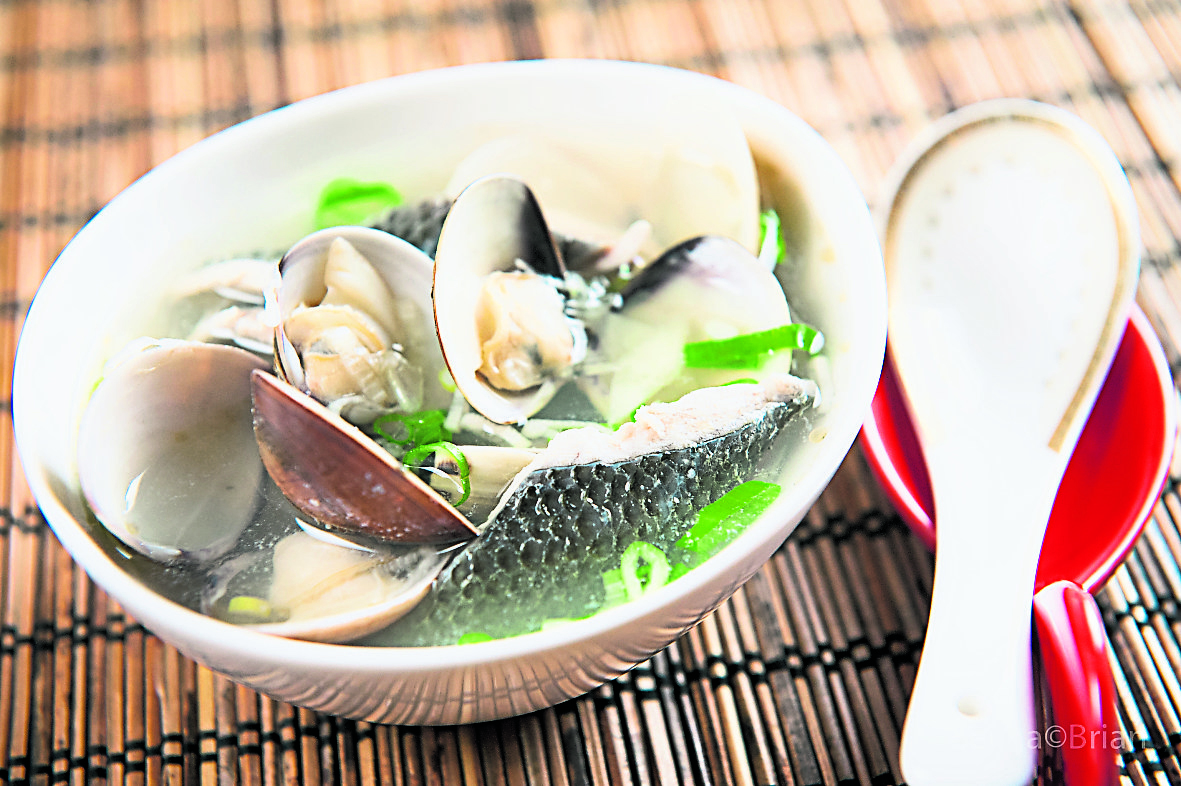
Fish white meat + clams or oysters Alternative Beef Nutritional Package
Beef is the favorite ingredient in cancer circles, because the protein and iron in red meat have similar and high bioabsorption rates.
But on the other hand, it is also easy to eat more bad fats (saturated fatty acids), or some carcinogens are likely to be produced during cooking.
In fact, it is okay to eat in moderation during treatment, but it is not recommended to eat a large amount or only beef as a protein. It is recommended to supplement it with other high-iron and high-protein foods.
Raw materials needed for hematopoiesis
From the perspective of cancer prevention, red meat intake should not be excessive, up to 500 grams, and any excess will increase the risk of cancer.
In addition to red meat, white meat, chicken, and duck meat, which can provide the same high-quality and easily absorbed protein as beef, you can also eat beans for protein intake. Or supplement iron with dark green vegetables, cherries, grapes, clams, oysters, etc. In addition to nourishing blood, clams and oysters have higher iron content than beef, and mineral zinc content is also high, which can help the repair of mucous membranes and immune regulation.
These are the raw materials needed for hematopoiesis. You should drink plenty of water and exercise moderately to make blood circulation and bone marrow hematopoiesis better. There is no need to overeat high-fat “beef” that will cause the body to become more “inflamed”.
Text Li Jiaxin “Health”, “Cancer Asks Health”

![[Love Wants Sexual Happiness Series 358]Find the culprit and overcome psychogenic erectile dysfunction. Don’t let pressure affect your sexual happiness. [Love Wants Sexual Happiness Series 358]Find the culprit and overcome psychogenic erectile dysfunction. Don’t let pressure affect your sexual happiness.](https://webcdn.guangming.com.my/wp-content/uploads/2024/04/171111-780x420.jpg)
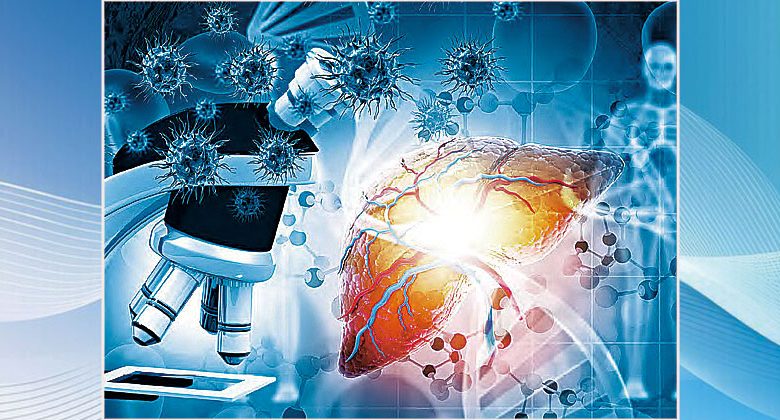
![[Wanqingyi Care]My health, my rights, customized medical methods in the last stage of life [Wanqingyi Care]My health, my rights, customized medical methods in the last stage of life](https://webcdn.guangming.com.my/wp-content/uploads/2024/04/ZZ1-100-780x420.jpg)
![[Kidney Transplantation Special Topic]The survival rate of transplanted kidneys is high without dialysis treatment three times a week [Kidney Transplantation Special Topic]The survival rate of transplanted kidneys is high without dialysis treatment three times a week](https://webcdn.guangming.com.my/wp-content/uploads/2024/04/1311-780x420.jpg)
